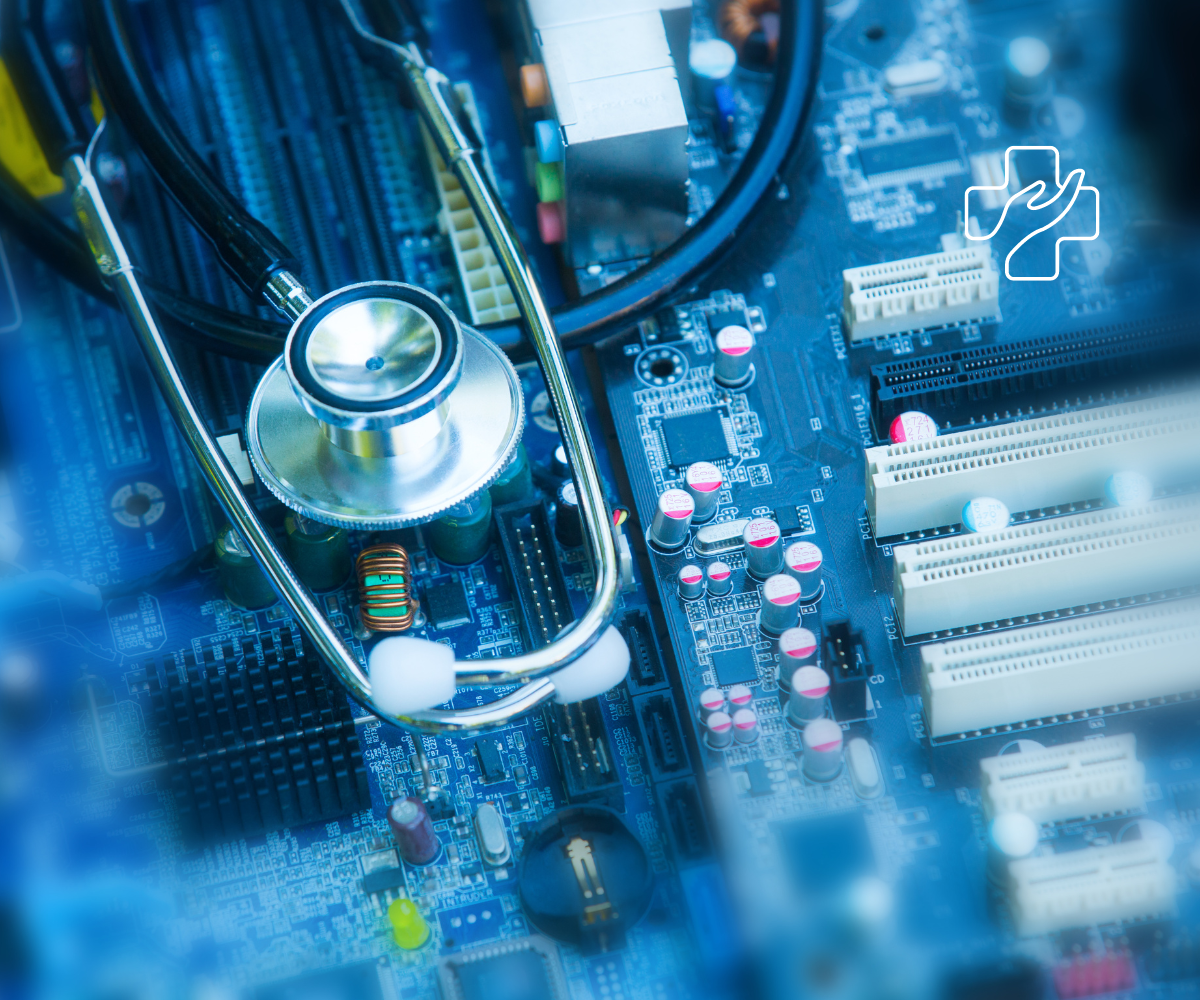Revolutionizing Homecare: Exploring the Latest Health Technologies
Homecare has undergone a significant transformation in recent years, thanks to the rapid advancements in health technologies. The integration of innovative devices, applications, and digital platforms has revolutionized the way individuals receive care in the comfort of their own homes. This article will delve into the latest health technologies that are reshaping homecare, empowering patients, and improving overall health outcomes.

Remote Patient Monitoring: One of the most notable advancements in homecare is the development of remote patient monitoring (RPM) systems. These technologies enable healthcare professionals to remotely track and monitor patients’ health conditions, including vital signs, medication adherence, and symptoms. RPM devices, such as wearable sensors, smartwatches, and mobile applications, collect real-time data and transmit it to healthcare providers, allowing for early intervention and personalized care. This technology enhances patient autonomy, reduces hospital readmissions, and promotes proactive management of chronic diseases.
Telemedicine and Virtual Consultations: Telemedicine has emerged as a game-changer in homecare, offering convenient access to healthcare professionals regardless of geographical barriers. Through video conferencing, patients can consult with doctors, specialists, and therapists from the comfort of their homes. Virtual consultations eliminate the need for travel and waiting rooms, reducing healthcare costs and improving accessibility, especially for individuals with limited mobility or residing in remote areas. Additionally, telemedicine allows for prompt diagnosis, monitoring, and follow-ups, enabling efficient and timely care delivery.
Assistive Devices and Robotics: Advancements in robotics and assistive technologies have transformed the way homecare is provided, particularly for individuals with disabilities or seniors requiring assistance. Smart home devices, such as voice-activated assistants and automated lighting systems, enhance accessibility and safety within the home environment. Additionally, robotic exoskeletons and mobility aids provide mobility support, enabling individuals with limited mobility to perform daily activities independently. These assistive devices not only improve quality of life but also reduce the burden on caregivers and enhance overall well-being.
AI-powered Healthcare Applications: Artificial intelligence (AI) has made significant strides in healthcare, offering promising applications in homecare. AI algorithms can analyze large volumes of patient data, detect patterns, and provide personalized insights for better decision-making. AI-powered applications are utilized in various domains, including medication management, symptom assessment, and early detection of health complications. These applications enable patients to self-manage their conditions effectively, receive timely interventions, and optimize treatment plans based on individual needs.
Smart Health Monitoring Systems: The advent of smart health monitoring systems has revolutionized the way vital signs are tracked and managed at home. These systems include wearable devices, such as smartwatches, fitness trackers, and continuous glucose monitors, which provide real-time data on heart rate, blood pressure, glucose levels, and more. Coupled with mobile applications and cloud-based platforms, individuals can monitor their health parameters, receive personalized recommendations, and share data with healthcare providers. Smart health monitoring systems empower patients to actively participate in their care, leading to improved self-awareness and preventive measures.
At Gerico Care, we have implemented remote patient monitoring systems, which enable our healthcare professionals to remotely track and monitor our patients’ vital signs, medication adherence, and overall health conditions. Through the use of wearable devices and mobile applications, our patients can easily transmit their health data to our dedicated team, ensuring timely interventions and proactive management of chronic conditions.
Furthermore, we have embraced telemedicine and virtual consultations as part of our approach. This allows our patients to connect with our healthcare providers through video conferencing, improving accessibility to medical professionals, especially for individuals with limited mobility or those residing in remote areas. Through telemedicine, we ensure that our patients can receive prompt medical advice, diagnosis, and follow-up care from the comfort of their own homes.
In addition, we integrate smart health monitoring systems into our homecare services. By leveraging wearable devices and connected mobile applications, our patients can conveniently track and manage their vital signs, receive personalized recommendations, and share their health data with our healthcare professionals. This technology-driven approach empowers our patients to actively engage in their care, fostering self-awareness and promoting preventive measures.
Moreover, we utilize AI-powered healthcare applications to analyze patient data and provide personalized insights. By leveraging AI algorithms, we can detect patterns, identify potential health complications, and optimize treatment plans for individual patients. This tailored approach enhances the effectiveness of our homecare services, ensuring that our patients receive the most appropriate and personalized care possible.
At Gerico Care, we are committed to redefining homecare through our innovative use of technology. By combining the human touch with cutting-edge technology, we create a patient-centric homecare experience that emphasizes convenience, quality, and holistic well-being. Our mission is to improve health outcomes for our patients and provide them with the highest standard of care in the comfort of their own homes.
The integration of the latest health technologies is transforming homecare, empowering patients, and improving health outcomes. From remote patient monitoring to telemedicine, assistive devices, AI-powered applications, and smart health monitoring systems, these advancements are revolutionizing the way individuals receive care in their own homes. The future of homecare holds immense potential for further innovations, aiming to enhance patient autonomy, optimize treatment plans, and deliver personalized care. By embracing and leveraging these cutting-edge technologies, we can create a more patient-centric and efficient homecare system that promotes overall well-being and independence.


